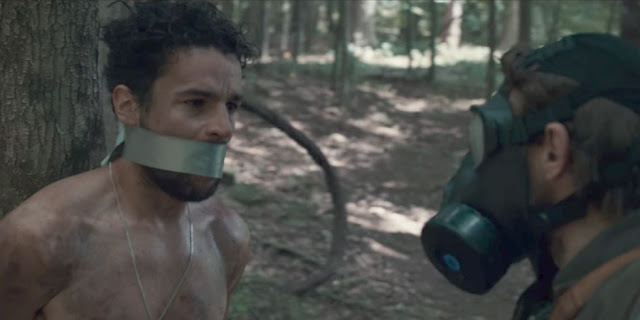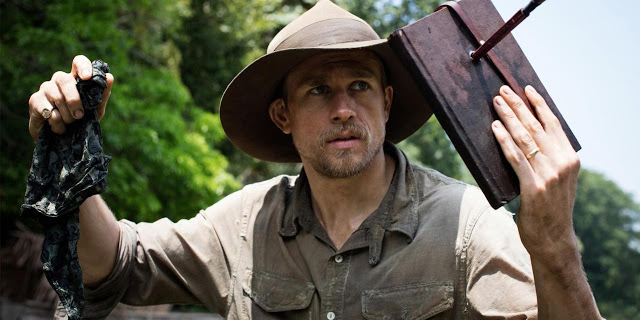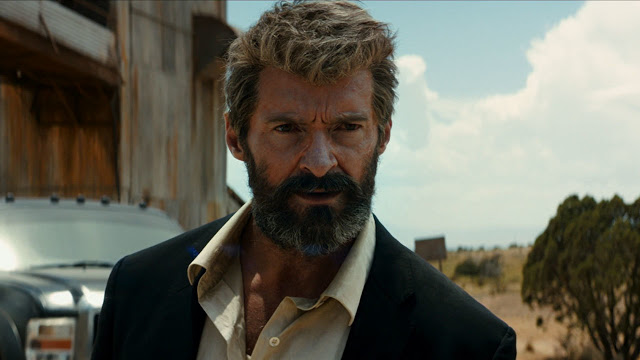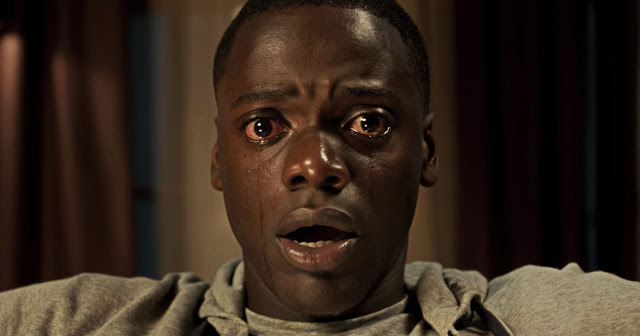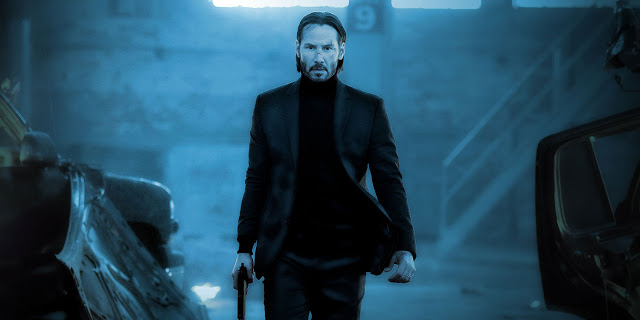It Comes at Night: Something Toxic in the Air, and a Virus, Too
There are no zombies in It Comes at Night, unless you count the vacant, dead-eyed stares that regularly materialize on each of its characters’ stricken faces. An eerie shiver of a horror-thriller, it’s scary less for its shocks than its sober observations on human nature. When a body is burned in the film’s harrowing opening sequence, the corpse never reanimates, though it does emerge in a spooky, silent nightmare, darkened eyes shooting daggers of ill will. In this movie, the dead stay dead. Maybe they’re the lucky ones.
The second feature from writer-director Trey Edward Shults, It Comes at Night takes for its premise that all-too-plausible scenario that has beckoned to many an aspiring artist: the apocalypse. Doomsday has long fascinated filmmakers, who relish the chance to turn a universal fear—it’s the end of the world!—into a personal vision; the last few years alone have given us works as varied as the demolition derby of Mad Max: Fury Road, the steampunk allegory of Snowpiercer, and the bro-sploitation comedy of This Is the End. It Comes at Night is quieter than those movies, but it is arguably more unsettling. For Shults, the collapse of civilization creates the opportunity to explore how people relate to and value one another, pitting civic values against Darwinian impulses. The picture he paints, much like the ghastly mural that adorns one of the walls of the house where the action occurs, is far from pretty. Read More

